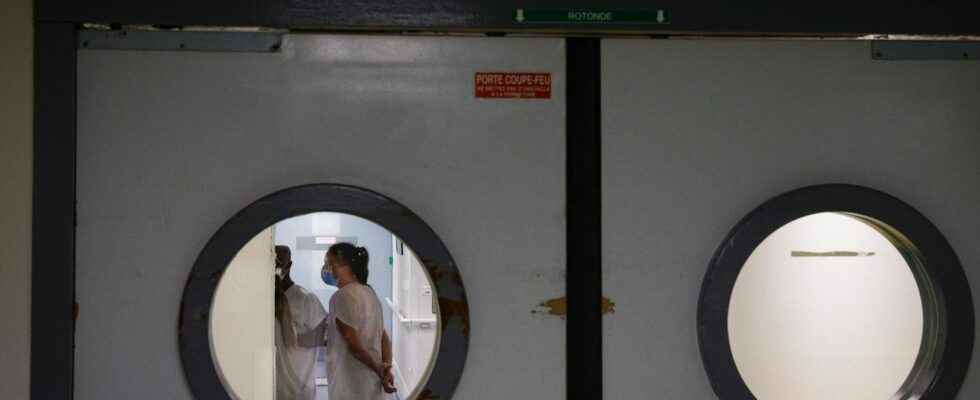Everyone agrees to recognize the collapse of public services. Hospital, education, transport: none of these sectors are functioning as they should. The hospital is so deficient that it generates loss of chances for patients. The performance of the French school sags from ranking to ranking. As for transport, whether because of strikes, lack of personnel or poor maintenance of equipment and the network, they do not always fulfill their public service mission, whether it is the metro, the RER, TER and sometimes even TGV. This disintegration of public services threatens our prosperity, our well-being and our health.
For the left, successive governments have abandoned public services, reduced budgets, imposed management and a mode of management imported from the private sector and not adapted to the public sector. Not everything is false in this intellectual Spanish inn. The public sector is indeed endowed with a great capacity to ape the deleterious managerial modes of the private sector by magnifying them: sacralization of process, passion for useless meetings, multiplication of control indicators, obsession with short-term budget management… Public sector and private sector are engaged in a kind of competition to see who will demotivate their employees the most. It must be recognized that, if this game was started by the private sector, the public has now taken a good step ahead. The zeal of converts…
Only the Scandinavian countries are more civil servants
Concerning the budgets, it appears however difficult to speak of stinginess in the French case. Public expenditure in relation to GDP is the highest of all OECD countries, our public sector employs 5.7 million people (6.3 million if we add private law contracts): 2.5 million within the State, 2 million in local authorities, 1.2 million in hospitals. This figure has increased further in 2021 according to INSEE. This represents 21% of total employment in France, more than in most developed countries (11% in Germany, 13% in Italy, 16% in the United Kingdom). Only the Scandinavian countries are more civil servants. To this must be added the employees of public companies such as the SNCF. The stingy trial is all the less justified as the State often provides massive financial aid to its offspring. Thus, as part of the 2018 railway reform, the State took over 35 billion euros of SNCF Réseau’s debt and undertook to take over 13 billion of hospital debt.
If our public services are not underfunded and understaffed, why are they collapsing? Because they are, even more than companies governed by private law, subject to contradictory injunctions, to normative hyperinflation and to a statute that prevents motivating career management. Apart from sovereign functions, the State is the worst employer and shareholder that it is possible to imagine. It multiplies its objectives in all directions, wants to regulate everything down to the smallest detail, it confines its employees to a status that extinguishes all motivation, it ratiboise then subsidizes generously. In fact, the problem of the public sector is the public sector itself, in which we should return to a liberal reading of the role of the State, which breaks the taboo of status and which is based on the principle of subsidiarity.
That the State concentrates on what the private sector cannot do, in the first place the sovereign functions. For the rest, let’s learn to dissociate public service and public sector. For example, it is infuriating to see the extent to which the Ministry of Health makes insufficient use of the private sector to fulfill public service missions such as hospital emergencies when many clinics are candidates. Why this reluctance? Dogmatism, period. The public sector is seen as virtuous, the private sector as impure. The shareholder is the enemy to be defeated, even if he is the provider of capital that our public service missions would need. This reflection on the private put at the service of the public when possible and necessary (this is far from always being the case, let’s not go from one dogmatism to another) could be one of the central programmatic axes of the liberal project which would like to concretely improve the lot of the French.
